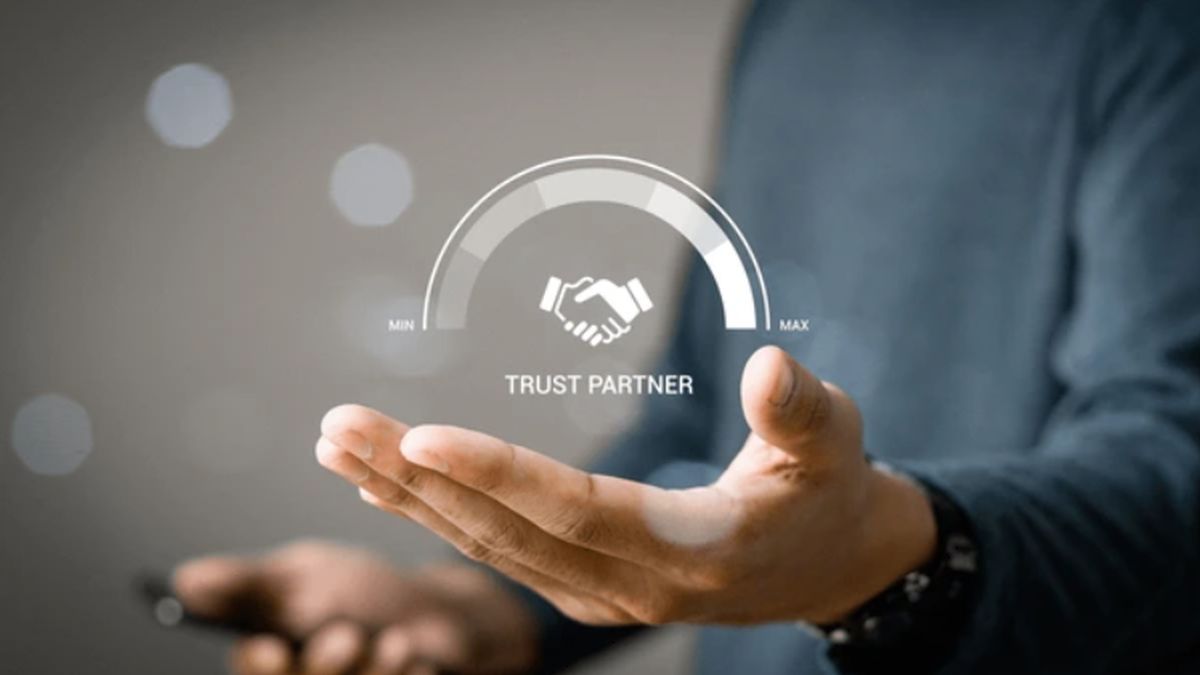The US publishing companies have and will continue turning to offshore partners for content development. When done right, it helps you scale faster, lower costs, and stay on schedule. But a wrong-fit partner can slow everything down. Poor quality, delays, and misalignment with your internal team will cost more in the long run.

Part 1: Technical Evaluation
Not every content provider understands educational publishing. Some are great at general writing but struggle with curriculum guidelines or learning objectives. Educational content influences student thinking, and so it has to be free of bias and culturally sensitive.
Ask for samples that align with your segment, whether that’s K-12, higher-ed, or professional learning. Let your editorial team review these. If they need heavy edits, keep looking.
2. Subject Matter Expertise
Writers aren’t enough. Offshore teams must have access to subject matter experts. Ask how they handle SME onboarding. Check if their writers collaborate with experienced educators or domain specialists.
Review their ability to build accurate, age-appropriate, and well-structured content. If your in-house reviewers are rewriting concepts, it’s not worth the cost savings.
3. Editorial Workflow and Quality Control
Great content requires strong processes. Ask about their content workflow. Are there editors? Do they run multiple review rounds? Who owns quality before files are shared with you?
Partners with a structured editorial process are more reliable at scale.
4. Technical Compatibility with Tools
Can they work inside your tools? Do they have experience working on the LMS you use? Ask if they are comfortable with MS Word, Excel, PowerPoint, and cloud-based collaboration platforms like Google Drive or OneDrive.
Also review how they manage templates, file versions, and formatting standards. The more compatible they are with your systems, the fewer headaches later.
5. Communication and Trial Project
Clarity matters as much as capability.
Watch how they handle emails, project updates, and feedback loops. Do they understand your brief the first time? Do they ask follow-ups?
Run a small, paid pilot project. See how well they follow instructions, adapt, and respond to feedback. That test tells you everything.
Part 2: Corporate Alignment
Publishing often deals with sensitive content. Your offshore partner must show the same level of responsibility and integrity as your in-house team.
Ask about their content ethics, data privacy practices, and approach to originality. Do they have plagiarism checks in place? Will they sign an NDA and honor it?
You are trusting them with your brand. That requires more than skill. It requires shared values.

Don’t just pick a vendor. Choose a partner.
Do they see this as a one-off project or a long-term relationship? Are they invested in learning your processes and improving over time?
Ask how they plan to scale with you. A reliable partner grows as your needs grow.
The Right Partner Does More Than Deliver Files
Cost is one factor. Fit is everything. So, choose a team that works like yours, just in a different time zone.
Know more about how we build dedicated offshore content teams for the likes of Cengage, Pearson, McGraw Hill etc.

